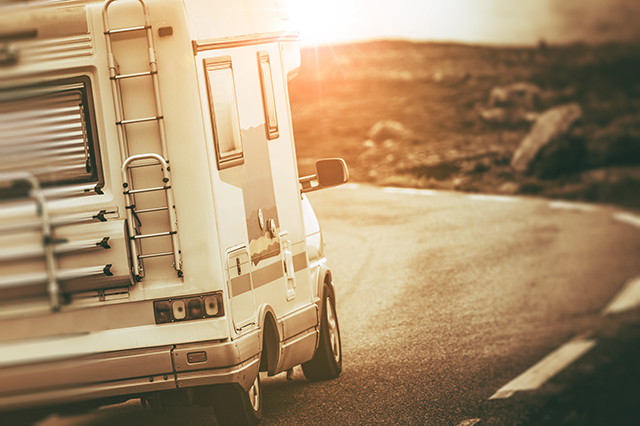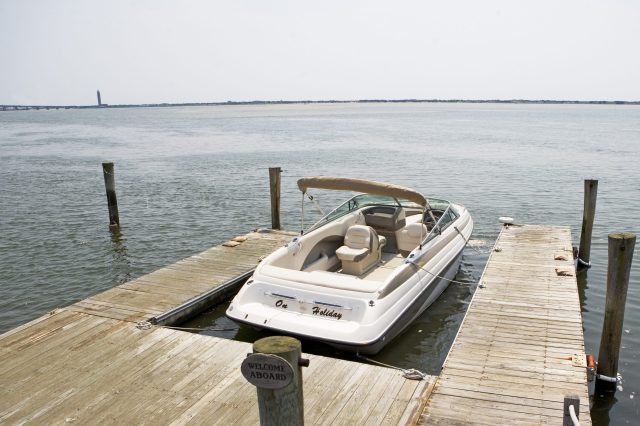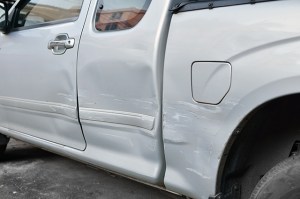Life is about the journey, and traveling by RV or boat is a unique way to make the most of it. When you are ready to break away from the everyday, these recreational vehicles provide the sense of freedom that comes with operating on your own time and can get you to places an ordinary car might not be able to.
Keep your mind clear while out on the open water or road by knowing you have the right insurance. Speak to a AAA Insurance agent to find out more about a specialized boat or RV policy that works for you.
Boat Insurance
One of the first questions a new boat owner might have is if they should purchase insurance. If you lease or finance a boat, the lending institution will require you to do so. If you own your boat outright and your state does not require liability coverage, there are still many reasons why specialty boat insurance is recommended.
Marinas often request proof of insurance before allowing you to rent a dock or boat slip. Even if you don’t plan to contract with a marina, boat insurance is a wise investment in order to have sufficient protection for yourself, your passengers and your watercraft. Listing a boat on your homeowners policy will only provide limited coverage.
Regardless of if it’s a sailboat, speedboat or other vessel, being out on the water poses unique risks such as hitting a pier, dock, buoy or other boats. Beyond collision, someone may suffer an injury, or your boat may fall victim to vandalism, fire or theft. With the proper coverage, you can be insured for medical costs, bodily injury, and property liability and damage to your boat and equipment, as well as to others. While customizing your policy to your needs, you should also go over exclusions with your insurance agent.
When discussing your boat insurance quote, be prepared to share as much information as possible about your boat usage and storage as well as descriptive information such as the age, type, length, horsepower and value.

RV Insurance
Whether you are traveling to a favorite campground or exploring a series of small towns, RVing comes with special insurance needs.
More than a vehicle, an RV is a home while you travel or may even be your permanent residence. Even the electronics within an RV differ from a typical vehicle. You may have outfitted your camper with a satellite dish and more expensive sound equipment that need protection. When selecting RV insurance, your premium will differ if you live in your RV versus using it for trips, as full-time RVers need coverage similar to a homeowners policy.
Moreover, consider the amount and types of personal property that you will be storing in your RV as you travel and speak to your agent to make sure your policy is crafted to provide the coverage you’re expecting in the event of a loss.
RV insurance should provide you with liability coverage for bodily injury and property. This covers costs if you cause damage to another vehicle or cause an injury during an accident. RV owners may also be liable for claims from guests and should make sure their policies are designed to cover injuries and property damage that occur in your RV as well as on your campsite.
Because of the amount of time spent on the road, another important feature of RV insurance is total loss replacement coverage if your RV is totaled in an accident. You might prefer a policy that provides you with the replacement value of the RV – a new, comparable RV – instead of the “actual cost” or depreciated value. (Depending on the type of boat, you should also look into this on a boat policy.)
Also ask about emergency expense allowances. If you break down, you will want to know if you are paying for food and lodging coverage in your premium.
Enjoy the freedom of boating and RVing with complete peace of mind. Learn more about investing in RV and boat insurance with AAA.














